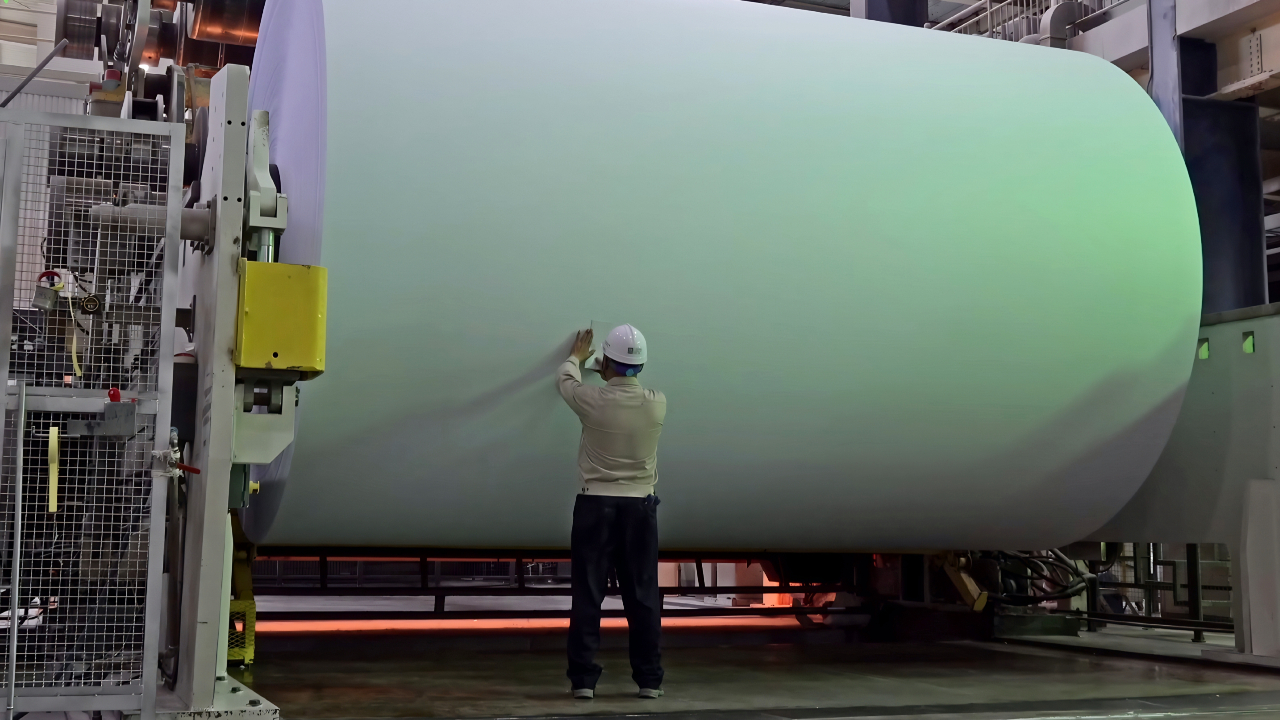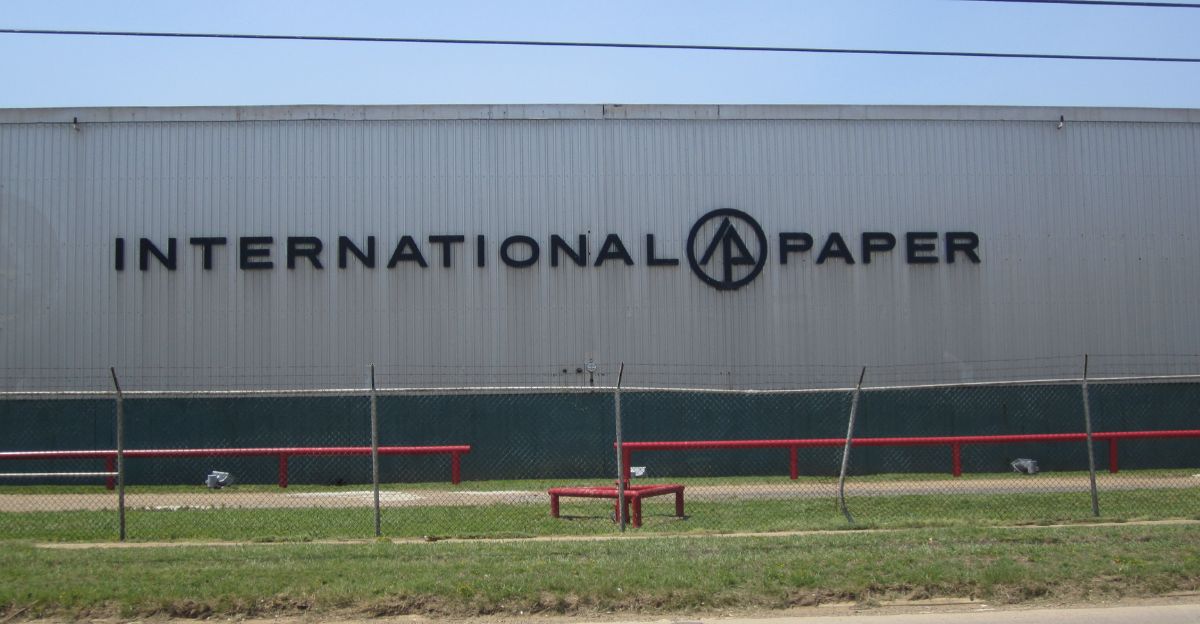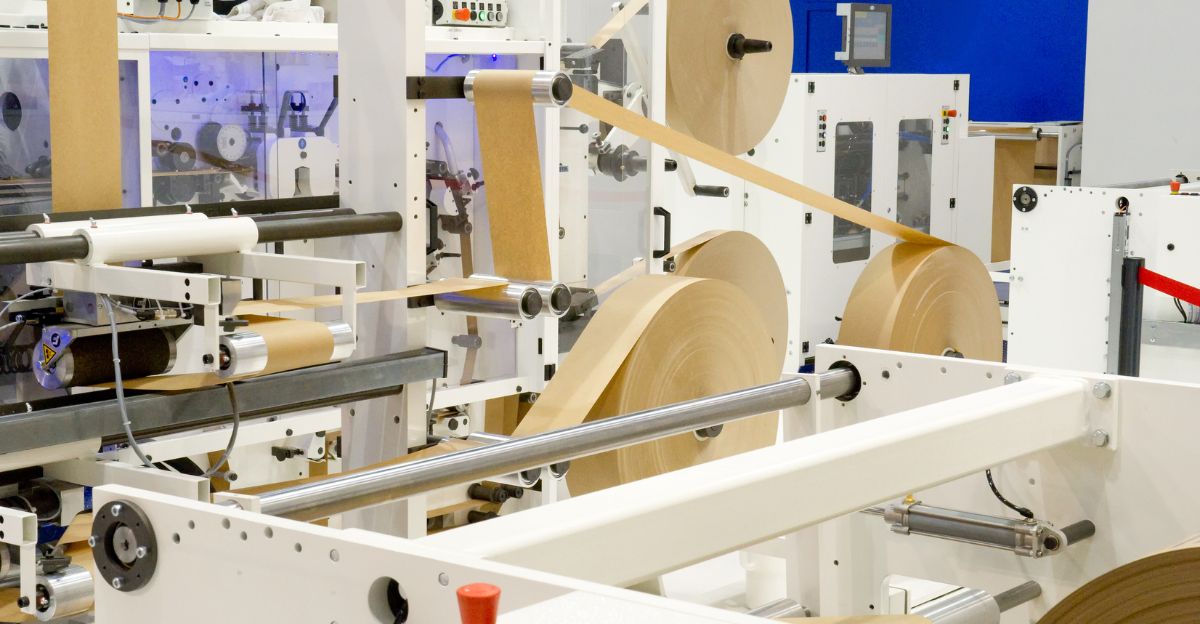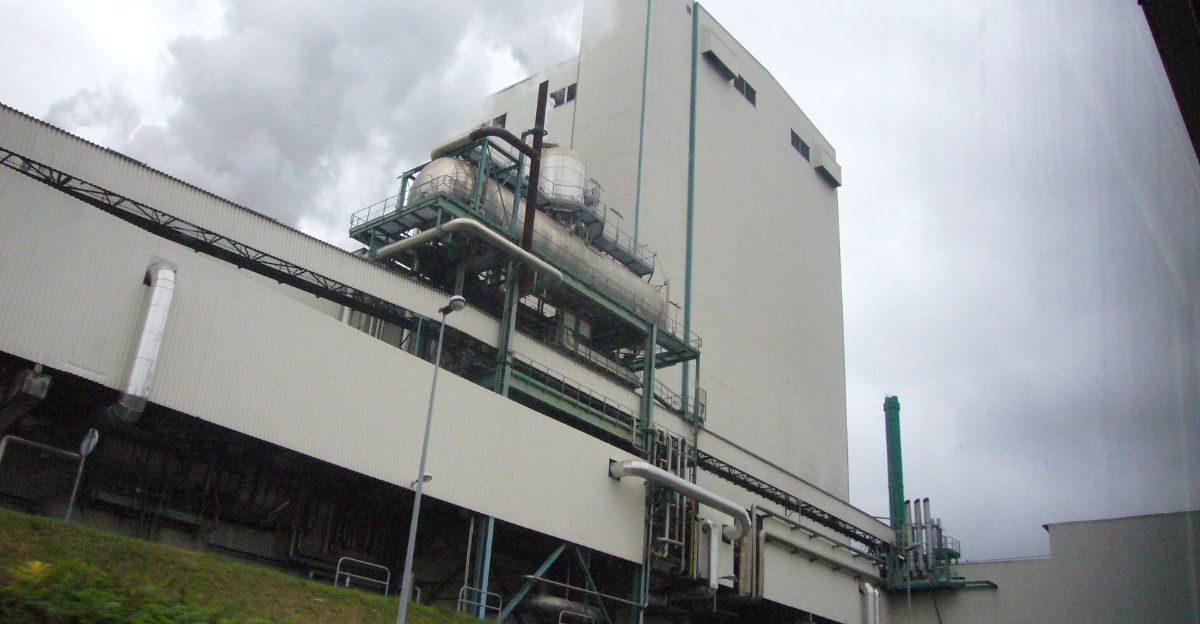
The clang of machinery once filled International Paper’s plants in Compton, California, and Louisville, Kentucky. Now, a wave of uncertainty hangs over these facilities as the company prepares to close both sites by January 2026, ending the jobs of 218 workers and disrupting the communities that have long depended on them.
Uncertainty for Workers and Communities

For the employees at Compton and Louisville, the looming shutdown means more than just the loss of a paycheck. Many have spent years—sometimes decades—on the factory floor, and the closures will ripple through their families and neighborhoods. The company has promised severance packages, job placement assistance, and mental health support, but the reality remains stark: by early 2026, 218 people will be out of work, and local economies will lose two major employers.
The impact extends beyond the factory gates. Local suppliers and vendors who rely on these plants for business face their own financial risks. In manufacturing towns, a plant closure often triggers a domino effect, threatening indirect jobs and straining community resources.
A Global Restructuring Strategy

The closures in California and Kentucky are part of a sweeping global restructuring by International Paper. The company is not only shutting down U.S. plants but also proposing to close five facilities in Germany by the end of 2026, affecting hundreds more jobs. This move is driven by a strategy to streamline operations, improve sustainability, and adapt to changing market demands.
International Paper’s restructuring is also tied to its recent acquisition of DS Smith, a major packaging company. The integration of DS Smith has prompted a review of all operations, leading to facility consolidations in Georgia, the United Kingdom, and across Europe. In total, thousands of employees worldwide are affected as the company seeks to eliminate redundancies and focus on sites that align with its long-term growth goals.
Industry Pressures and the Push for Sustainability

Packaging giants like International Paper are under increasing pressure from both economic forces and regulatory demands. As sustainability becomes a central concern for consumers and governments, companies are rethinking their business models. The industry is shifting toward digital innovation and environmentally friendly packaging solutions, prompting the closure of older, less efficient plants.
International Paper’s strategy reflects this trend. The company is investing in technologies that reduce environmental impact and is prioritizing facilities that can deliver greener, more sustainable products. This shift is not unique to International Paper; it mirrors a broader movement across the packaging sector, where companies are consolidating operations and cutting costs to remain competitive in a rapidly evolving market.
Mergers, Acquisitions, and Regulatory Oversight

The acquisition of DS Smith by International Paper in early 2025 has been a catalyst for much of the current restructuring. The merger required approval from the European Commission, which imposed conditions to maintain competition in the market. As a result, International Paper agreed to divest five corrugated box plants in France, Portugal, and Spain to the PALM Group.
These regulatory interventions highlight the significant role governments play in shaping the industry’s future. Companies must navigate a complex landscape of competition laws and environmental regulations, influencing decisions about where to invest, which facilities to close, and how to structure their global operations.
Looking Forward: Transformation and Uncertainty
The closure of the Compton and Louisville plants is emblematic of a larger transformation sweeping the packaging industry. As International Paper and its competitors adapt to new sustainability standards and shifting consumer preferences, the sector is undergoing a profound cultural and operational shift. Traditional manufacturing models are giving way to more efficient, environmentally conscious alternatives.
For workers and communities, the immediate future is uncertain. While International Paper’s focus on sustainability and innovation may position it for long-term success, the human and economic costs of restructuring are significant. The full impact on supply chains, customer relationships, and local economies will unfold in the years ahead.
As the packaging industry continues to evolve, companies face the challenge of balancing profitability, environmental responsibility, and the well-being of their workforce. The decisions made today will shape not only the future of International Paper but also the broader landscape of global manufacturing and community life.